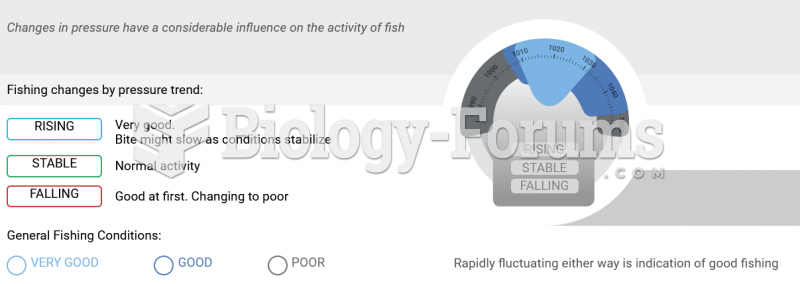|
|
|
The ratio of hydrogen atoms to oxygen in water (H2O) is 2:1.
Bisphosphonates were first developed in the nineteenth century. They were first investigated for use in disorders of bone metabolism in the 1960s. They are now used clinically for the treatment of osteoporosis, Paget's disease, bone metastasis, multiple myeloma, and other conditions that feature bone fragility.
Medication errors are more common among seriously ill patients than with those with minor conditions.
In 1885, the Lloyd Manufacturing Company of Albany, New York, promoted and sold "Cocaine Toothache Drops" at 15 cents per bottle! In 1914, the Harrison Narcotic Act brought the sale and distribution of this drug under federal control.
The first documented use of surgical anesthesia in the United States was in Connecticut in 1844.







